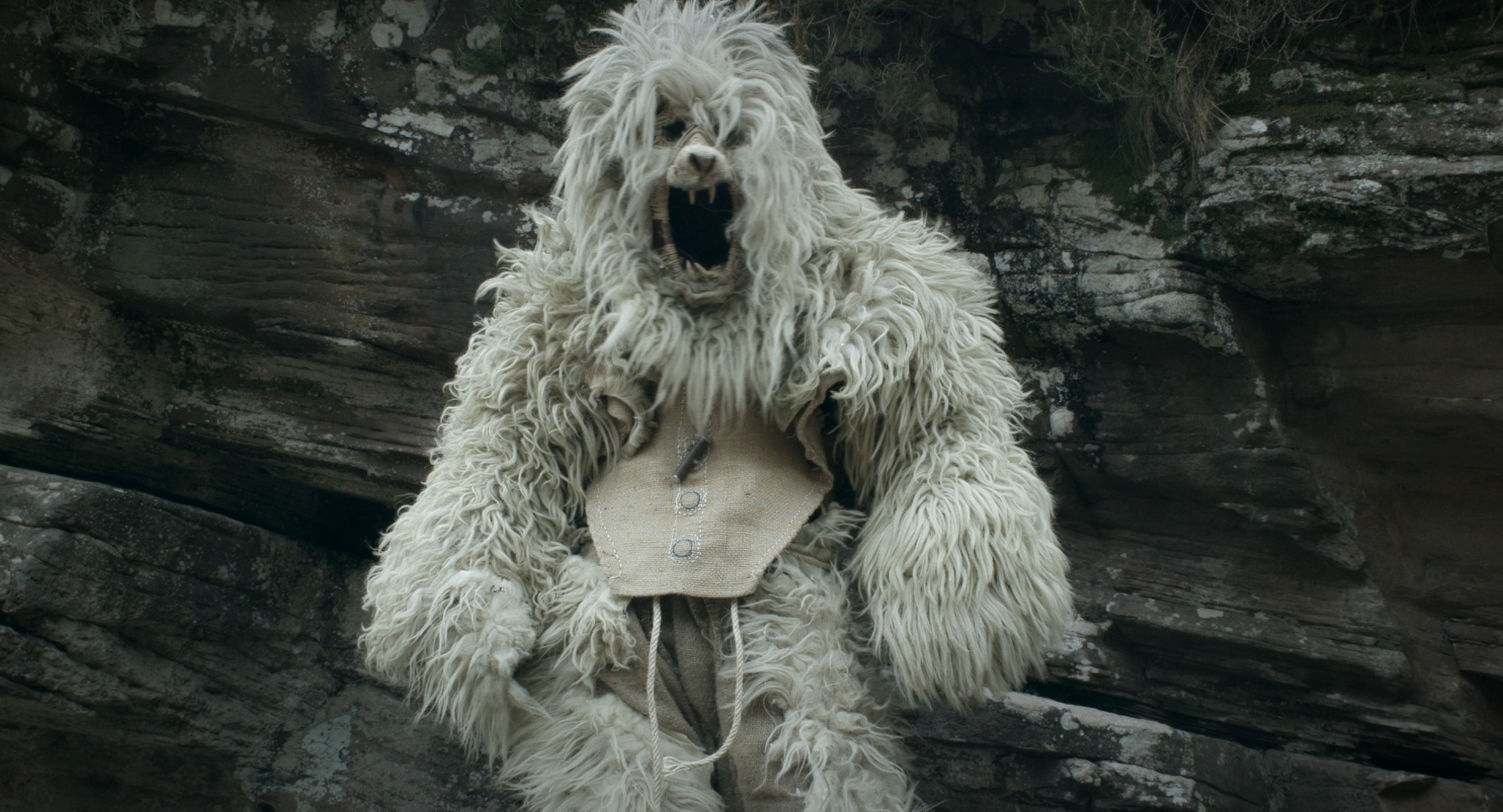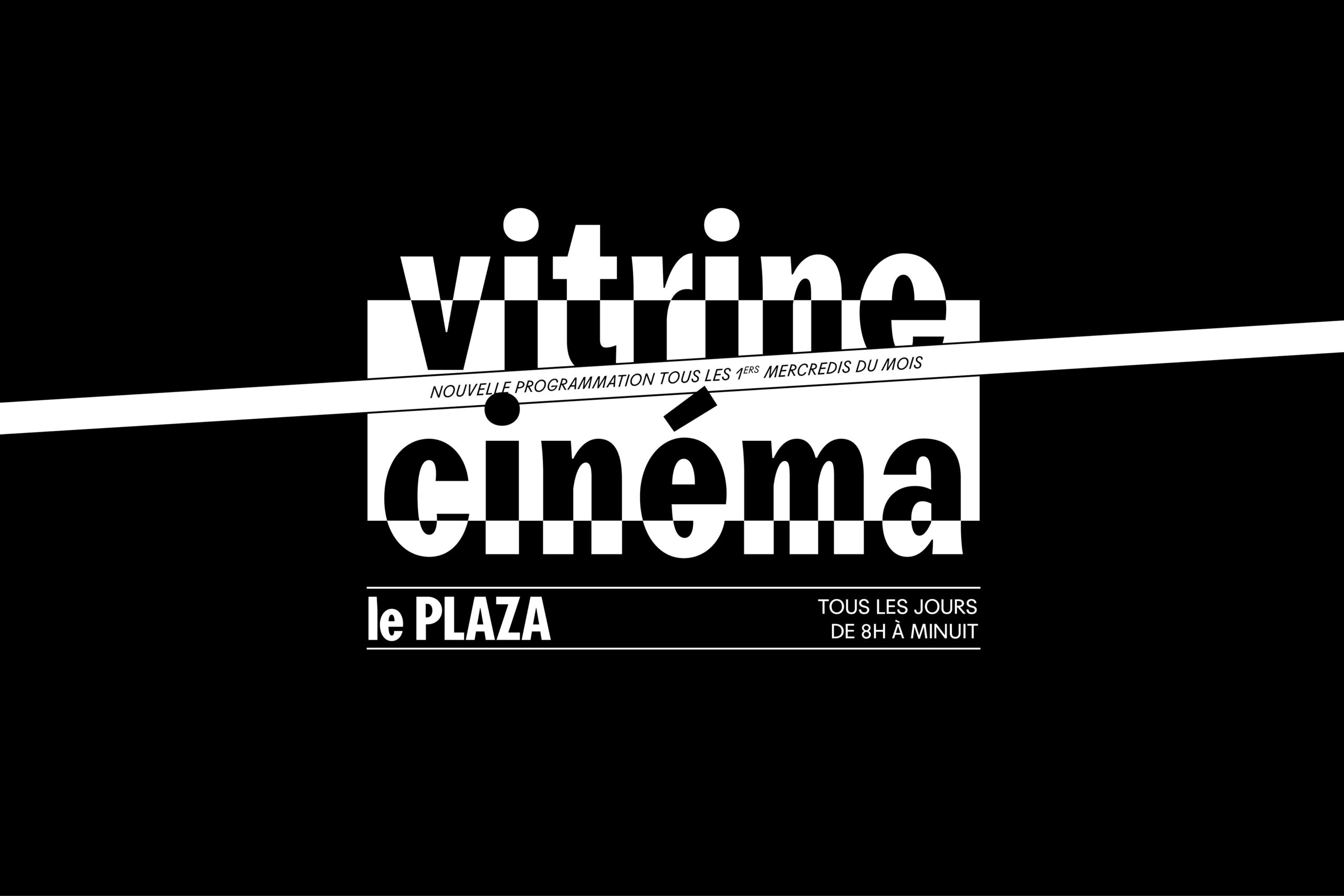
Carnival rituals
Every year between Epiphany and Mardi Gras, carnival is celebrated in many European countries, in South America and in North America. The origins of this festival are multiple and date back to antiquity. As early as the 2nd century B.C., Babylon dedicated several days of festivities in honor of the goddess Anaïtis to mark the beginning of Spring and the renewal of nature. Ancient Greece offered this celebration to the God of fertility, wine and vegetation, Dionysus. Rome organized the Saturnalia, great festivities in honor of the God of agriculture and time, Saturn. During these festivals, social roles were reversed: slaves took the place of their masters, the masters became slaves by serving them at the table for example.
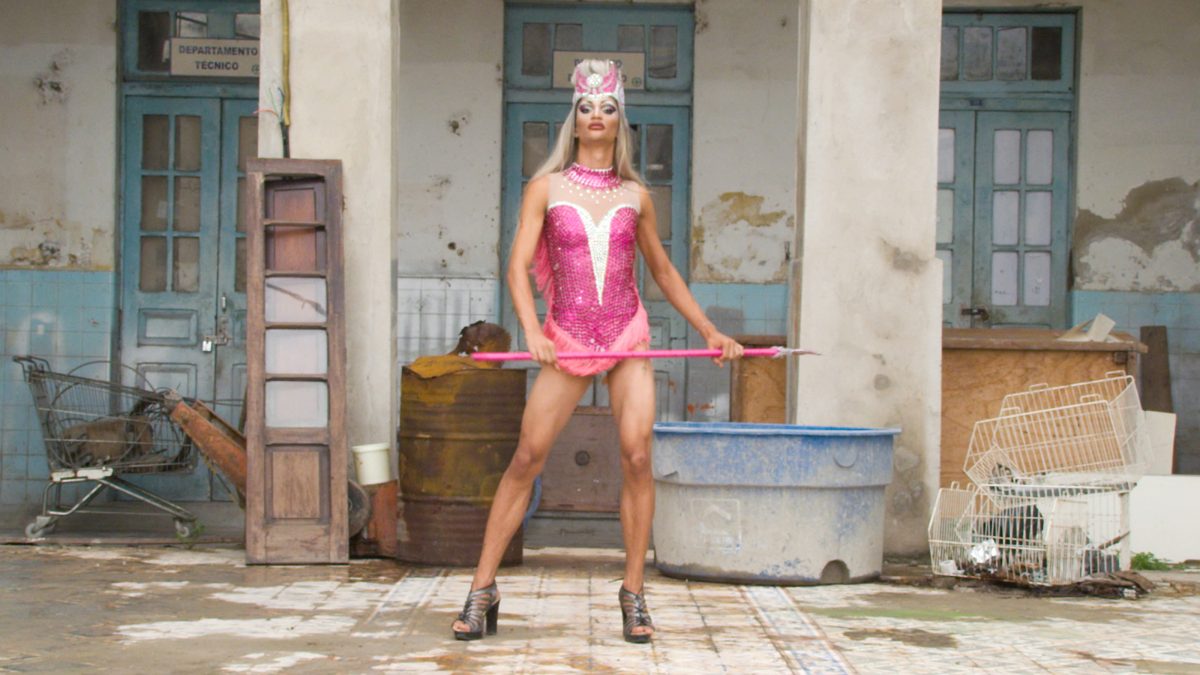
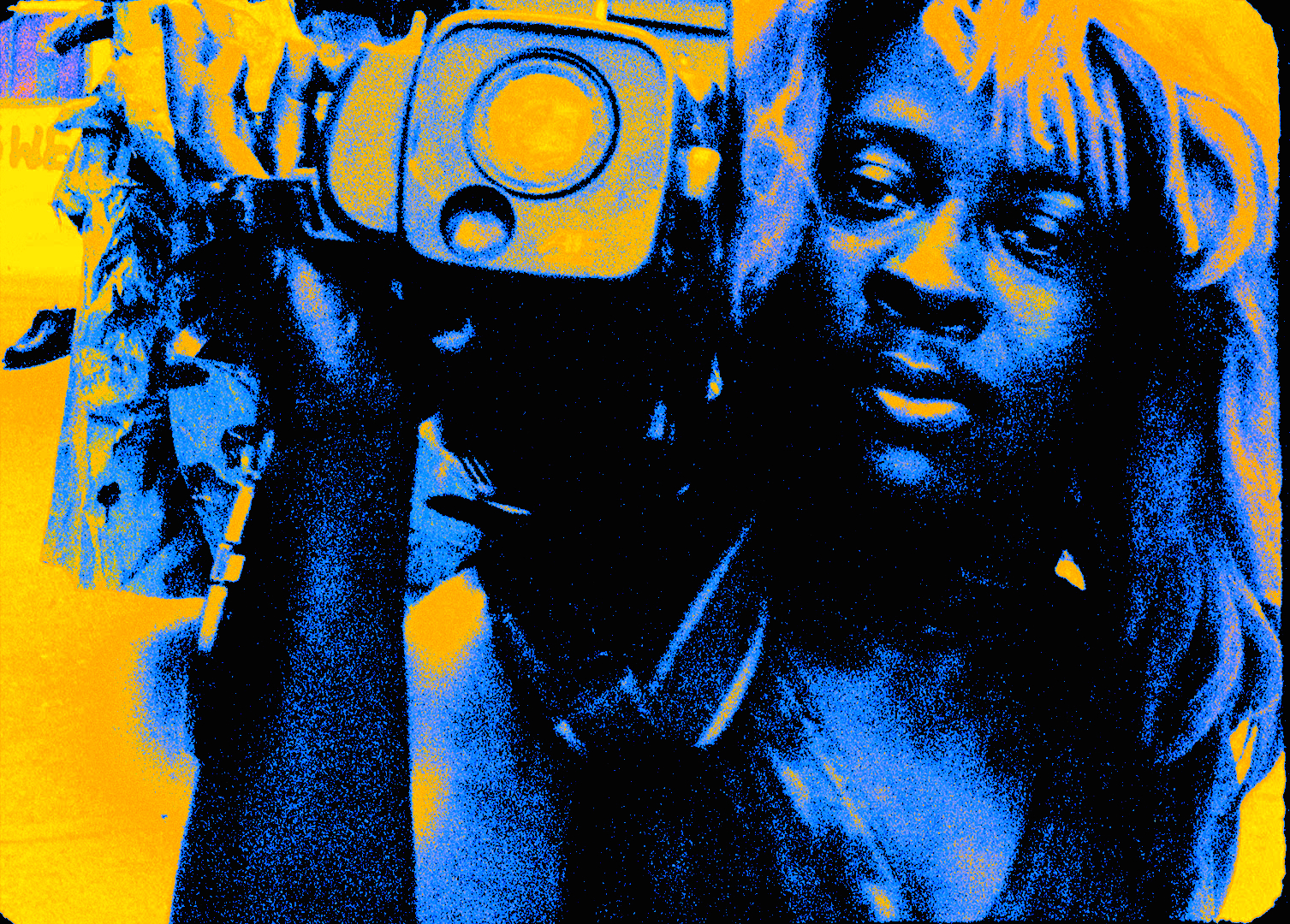
Under the cover of the mask, what was usually forbidden became permitted. In the Middle Ages, the Catholic Church, at first opposed to these festivities inherited from pagan traditions, eventually appropriated them to allow a time of relaxation and contain revolts.
What remains today of these traditions and how are they transformed over time? The films in this program explore five carnival rituals (Bahamas, Galicia, Haiti, the Basque Country and Brazil) that recall the origins of these collective ceremonies and recount the processes of reappropriation of these rites through different communities.
Here is the Imagination of the Black Radical de Rhea Storr (GB, 2020, 10′)
Afrofuturism is communicated via the Bahamian people through Junkanoo, a form of carnival in the Bahamas. Originally celebrated by slaves who were given Christmas Day and Boxing Day off only, Junkanoo can be viewed as a form of resistance.
Os Corpos de Eloy Domínguez Serén (ES, 2020, 11’)
In Galicia, one of the oldest forms of carnival takes place every year. For several days, parades are held with characters wearing spectacular outfits, including a mask and a belt trimmed with large cowbells.
Nan Lakou Kanaval de Kaveh Nabatian (HT, 2014, 9′)
A journey through the Haitian carnival as experienced by a young woman, the film oscillates between documentary, visual poem and hallucination. Angels of death and groups of men covered in black syrup confront a giant with eyes of fire, to the rhythm of Haitian rara and raboday music.
Pasaia de Giulia Grossmann (FR, 2021, 23’)
Gallery of monsters, musical parades, abyss of a mystified space and time, great convulsed seasonal circus, this filmic exploration plunges us into a very distant world, where Basque mythology is woven into timeless landscapes. Customs and beliefs converge in a carnival-like ritual.
Faz Que Vai de Bárbara Wagner et Benjamin de Burca (BR, 2015, 12’)
Frevo is a style of dance and music related to Brazilian carnival. Its origins come from military parade music and the dance movements come from capoeira, a martial art created by slaves transported from Africa to Brazil. The four dancers reappropriate the dance through their own identities
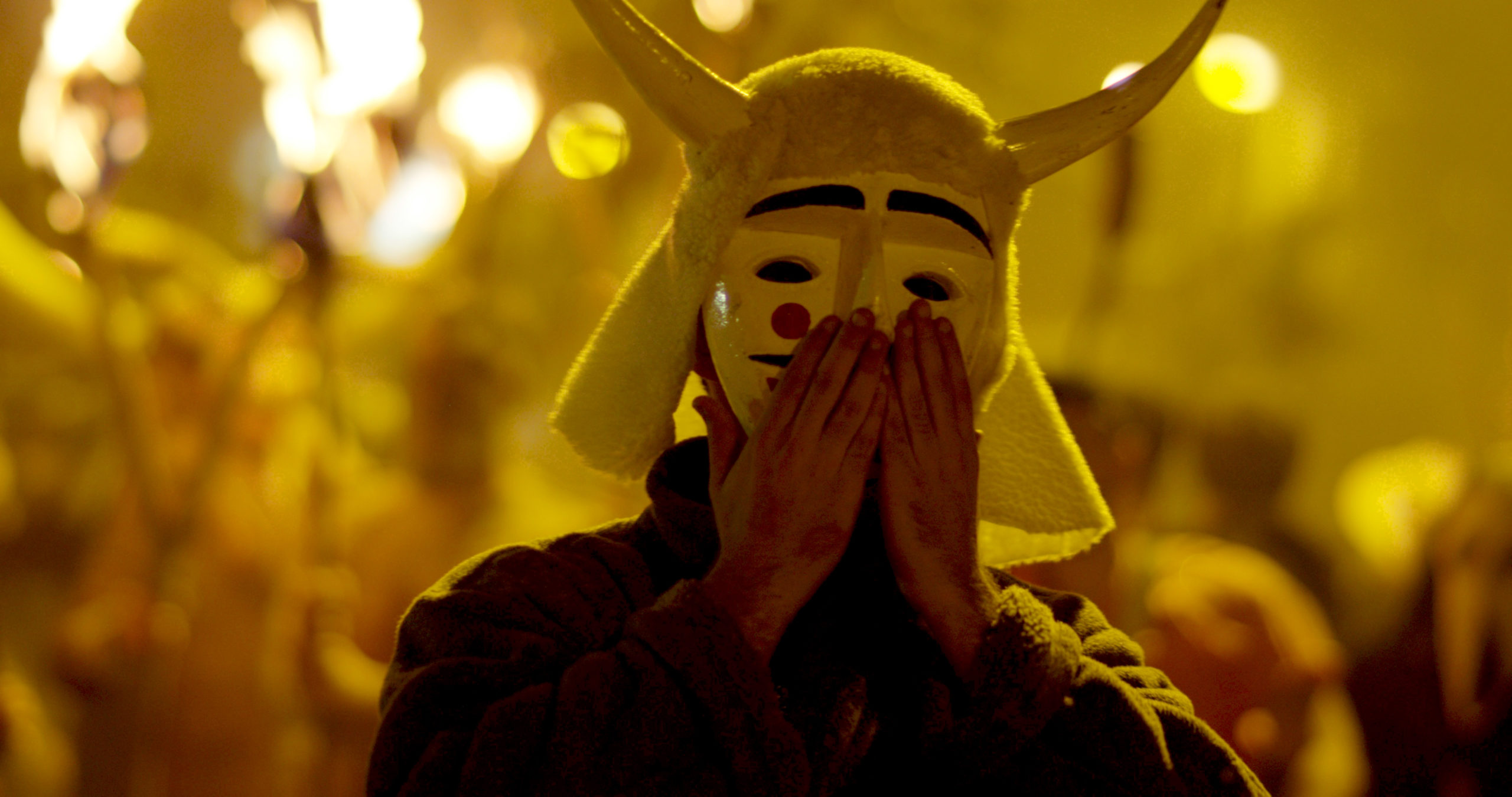
The Vitrine Cinéma has been installed in the Plaza passage and offers a new program every first Wednesday of the month. From 8am to midnight, passers-by can discover a selection of short films prepared by Delphine Jeanneret, programmer and film curator.

